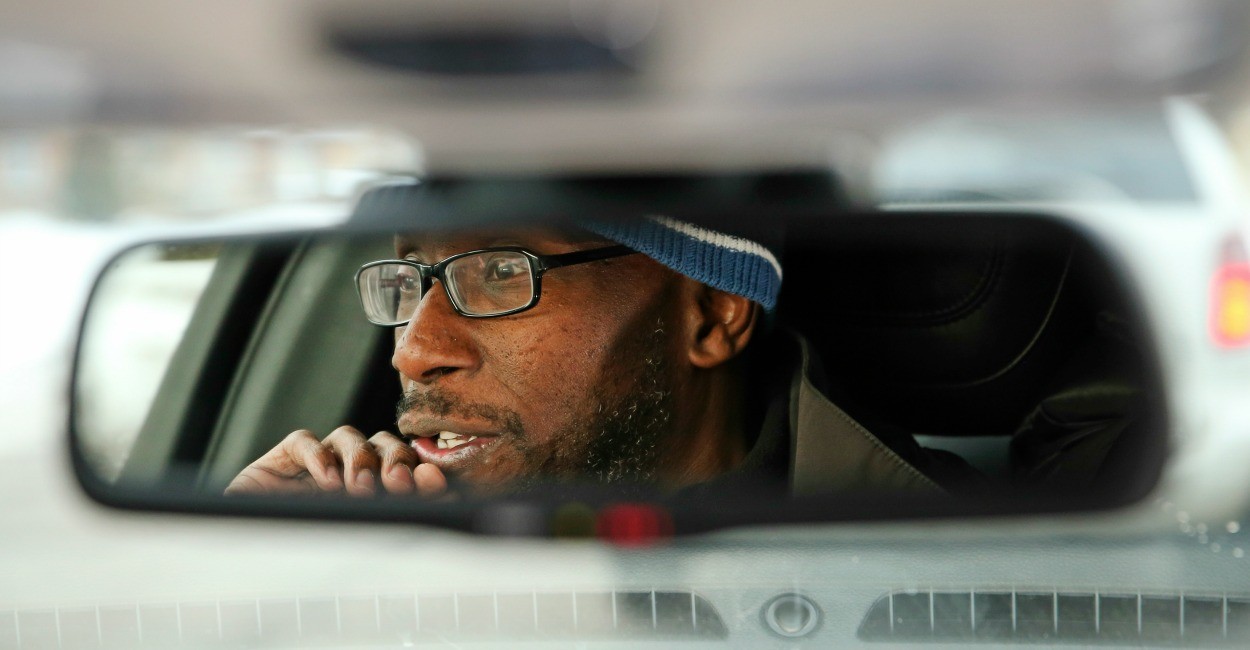 The Supreme Court will soon hand down its decision in King v. Burwell. That case asks the Court to decide if the statutory text of the Affordable Care Act authorizes the Treasury to pay subsidies to individuals who purchased coverage through Healthcare.gov—the federally operated health insurance exchange for states that did not establish their own exchanges.
The Supreme Court will soon hand down its decision in King v. Burwell. That case asks the Court to decide if the statutory text of the Affordable Care Act authorizes the Treasury to pay subsidies to individuals who purchased coverage through Healthcare.gov—the federally operated health insurance exchange for states that did not establish their own exchanges.
Yet behind the legal dispute over who is eligible to receive subsidies lurks the larger policy issue of the subsidies’ function. While their stated purpose was to help more low-income individuals purchase health insurance, the subsidies also served to mask the significant health insurance premium increases that would inevitably result from the law’s new insurance benefit requirements and regulations.
For instance, if a 45-year-old received $540 annually in subsidies, he may not realize that the premium for the lowest-cost health insurance plan in his area actually had increased by $600 a year thanks to Obamacare regulations—because the government was paying most of that additional cost.
That imposition of costly new requirements on health insurance coverage was one of Obamacare’s fundamental errors. Good health care policy, by contrast, would have started by focusing on finding ways to make coverage less costly rather than just having the government pick up some or all of the extra cost.








